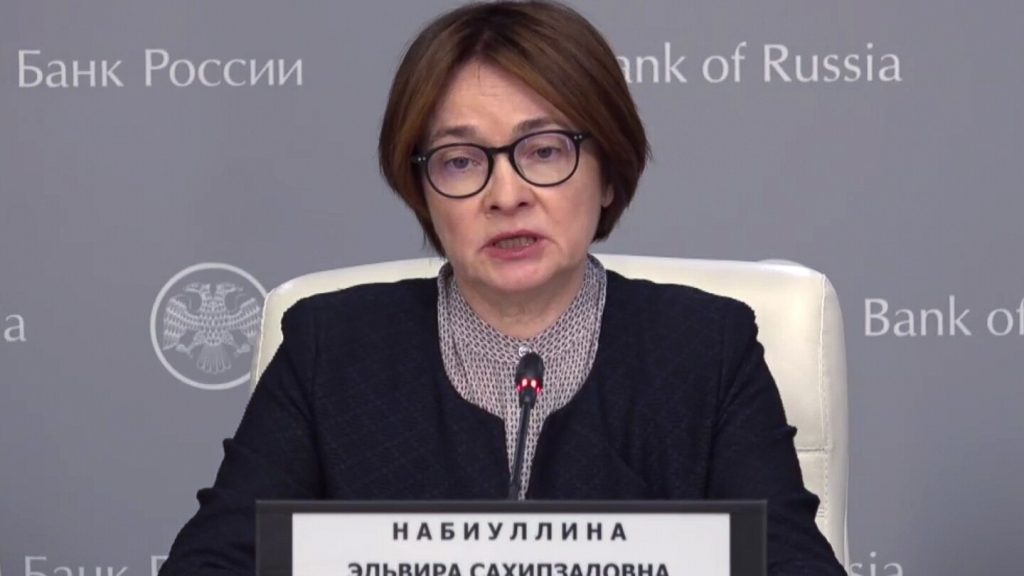Russia’s central bank has raised its key interest rate to a record-high 21% in an effort to combat inflation caused by massive government spending on the military amid the ongoing conflict in Ukraine. The central bank cited a significant imbalance between domestic demand and the supply of goods and services as driving inflation above forecasted levels. The bank warned of further rate increases in December to address inflation expectations that are continuing to rise.
Central bank governor Elvira Nabiullina emphasized the bank’s commitment to lowering inflation, which is expected to double the bank’s target of 4%. Nabiullina attributed the current inflation levels to increased government spending and leniency in banking regulations that have led to higher consumer lending. Persistent inflationary expectations among consumers have been fueled by years of price growth surpassing targets, making it difficult for people and companies to believe that inflation will decrease to desired levels.
This rate hike marks the highest key interest rate in Russia since its introduction in 2013, surpassing the previous high set in February 2022. The Russian economy has shown growth, driven by booming oil export revenues and increased government spending, particularly on the military. With factories operating at full capacity and a focus on producing weapons and military gear, domestic producers are stepping in to fill gaps left by sanctions and foreign companies withdrawing from the country’s market. Government revenues are supported by economic growth and continuing exports of oil and gas.
Chris Weafer, CEO at Macro-Advisory Ltd. consultancy, highlighted concerns about economic imbalances resulting from booming defense spending, with over a third of next year’s budget allocated to the military-industrial complex. While defense spending has driven economic growth and consumer spending, labor shortages and wage increases have led to concerns about overheating in the consumer economy. Weafer described the rate hike as a signal to the government that current levels of military spending are unsustainable and could lead to a crisis or recession if not addressed.
In response to the rate hike, Russia’s economy grew 4.4% in the second quarter of 2024, with low unemployment rates. The country has managed to evade Western sanctions and oil price caps through strategic maneuvers in the oil industry, earning billions in oil revenues in July. The central bank’s move to raise interest rates reflects a broader attempt to address economic imbalances and stabilize inflation levels that have exceeded forecasts. By signaling a commitment to combating inflation and mitigating the effects of excessive government spending, the central bank aims to prevent destabilization in the economy in the long term.


